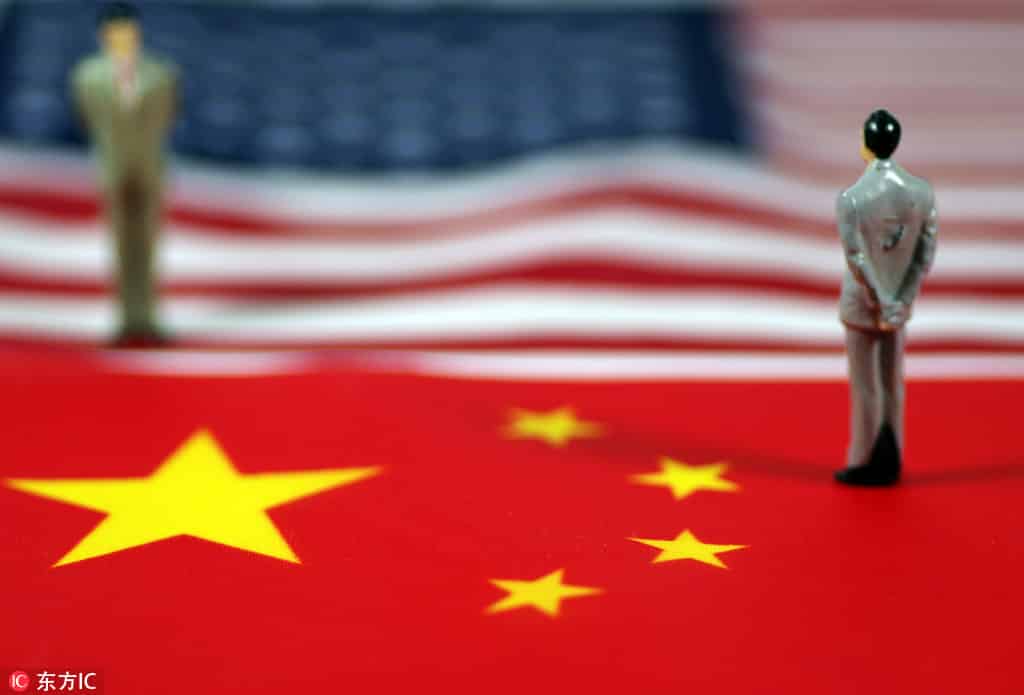- cross-posted to:
- china@lemmy.ml
- cross-posted to:
- china@lemmy.ml
Notable excerpt:
It would not be an exaggeration to say that China’s Third Revolution has been greeted by the United States and the other core capitalist powers with a combination of disbelief, shock, and anger. Unaccustomed to thinking historically and dialectically, relying on mere formalistic frames of analysis, and believing in the inevitable triumph of capitalism, the dominant ideology in the West has been one quite literally of “the end of history.” The idea that China’s sovereign project would eventually lead to a critical challenge to, rather than absorption within, the existing capitalist and imperialist order was thus scarcely entertained in Washington. As Kurt M. Campbell, former assistant secretary of state for East Asia and Pacific Affairs in the Barack Obama administration, and Ely Ratner, Biden’s nominee for assistant secretary of defense for Indo-Pacific security affairs, wrote in “The China Reckoning: How Beijing Defied American Expectations” in Foreign Affairs in February 2018, the notion that “U.S. power and hegemony” would fail to “mold China to the United States’ liking” was until recently completely foreign to the U.S. establishment. Even more shocking was the discovery that China’s New Era, associated with Xi, would begin to look in many ways more like the revolutionary China of Mao than the reform era of Deng.”


